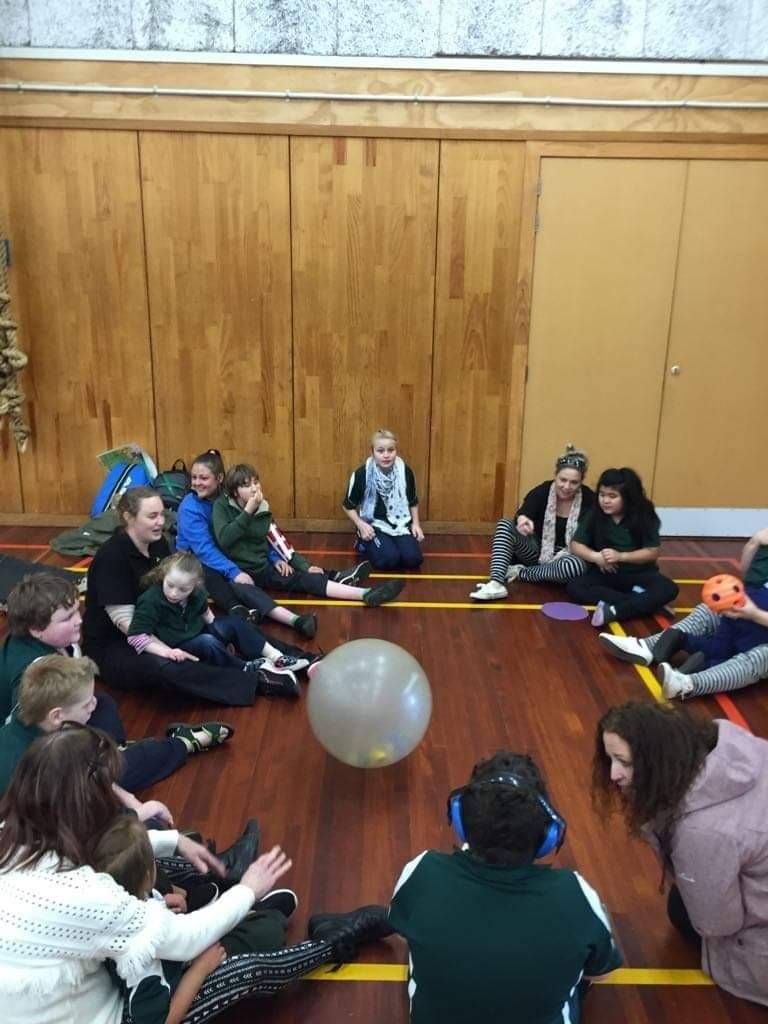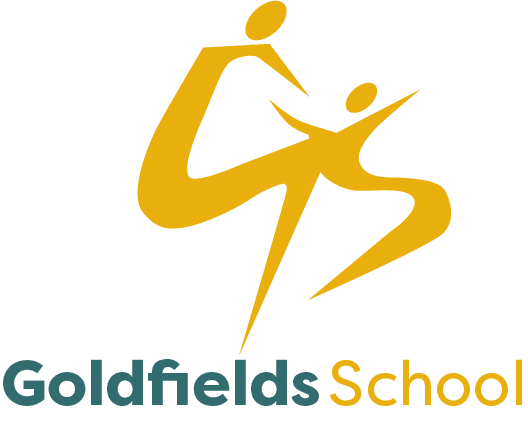Our Therapists
Speech and Language Therapy
Our Speech and Language Therapists are Jenna Ryan, Grace Tetley, Ruth Pologa and Marion Van Nierop.
The ultimate goal of speech and language therapy at Goldfields is to equip students with a communication system that best meets our students' needs. This may be through visuals, voice or technology. We use natural environments, daily routines and student's interests to support the development of their own voice. Speech-Language Therapists also support students to participate successfully within the classroom. This may include supporting: attention and listening, routines, behaviour and play.
Speech and Language Therapists also support students to eat and drink safely. We may refer students to our colleagues at the hospital for further assessment to keep them safe and well. We help to implement the recommendations that are set by the Speech and Language Therapists at the hospital.
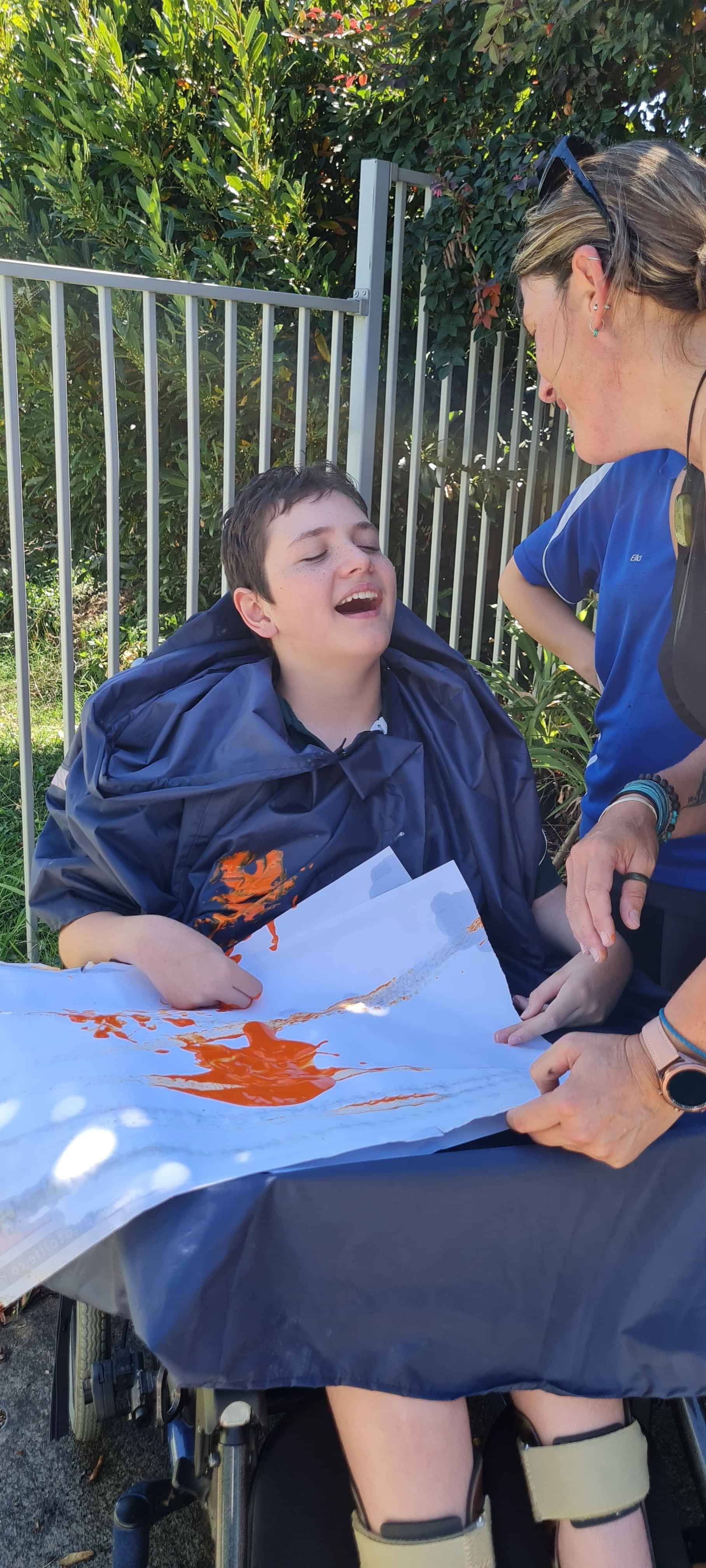
Physiotherapy
Tarsh Munro is our Physiotherapist.
Physiotherapy concentrates on maximising students’ physical abilities and increasing their independence. We work closely with the Whānau, Therapy and Teaching Team to assist students to reach their goals. We do this by assessing students and providing individual exercise programmes to meet the needs of the students, taking into account their interests. We also provide education and support to the teaching staff to ensure they feel confident in moving and handling students and implementing exercise programmes. We are lucky enough to have a heated pool onsite and frequently include this as a key component of students’ physiotherapy programmes. We also liaise with outside agencies and are in frequent contact with Therapists at Child Development Centre, Waikato DHB Orthopaedic Clinic and Orthotic House.
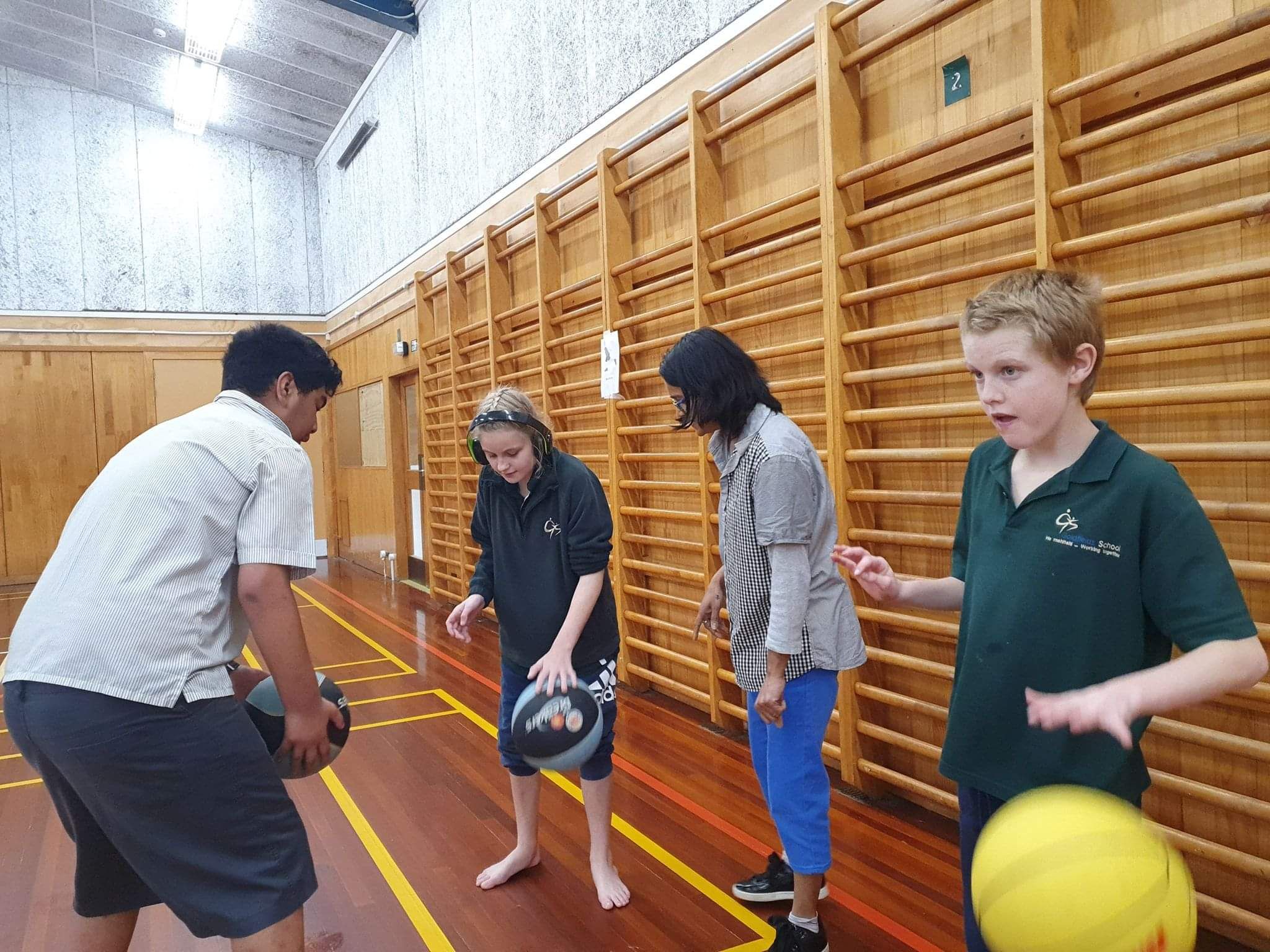
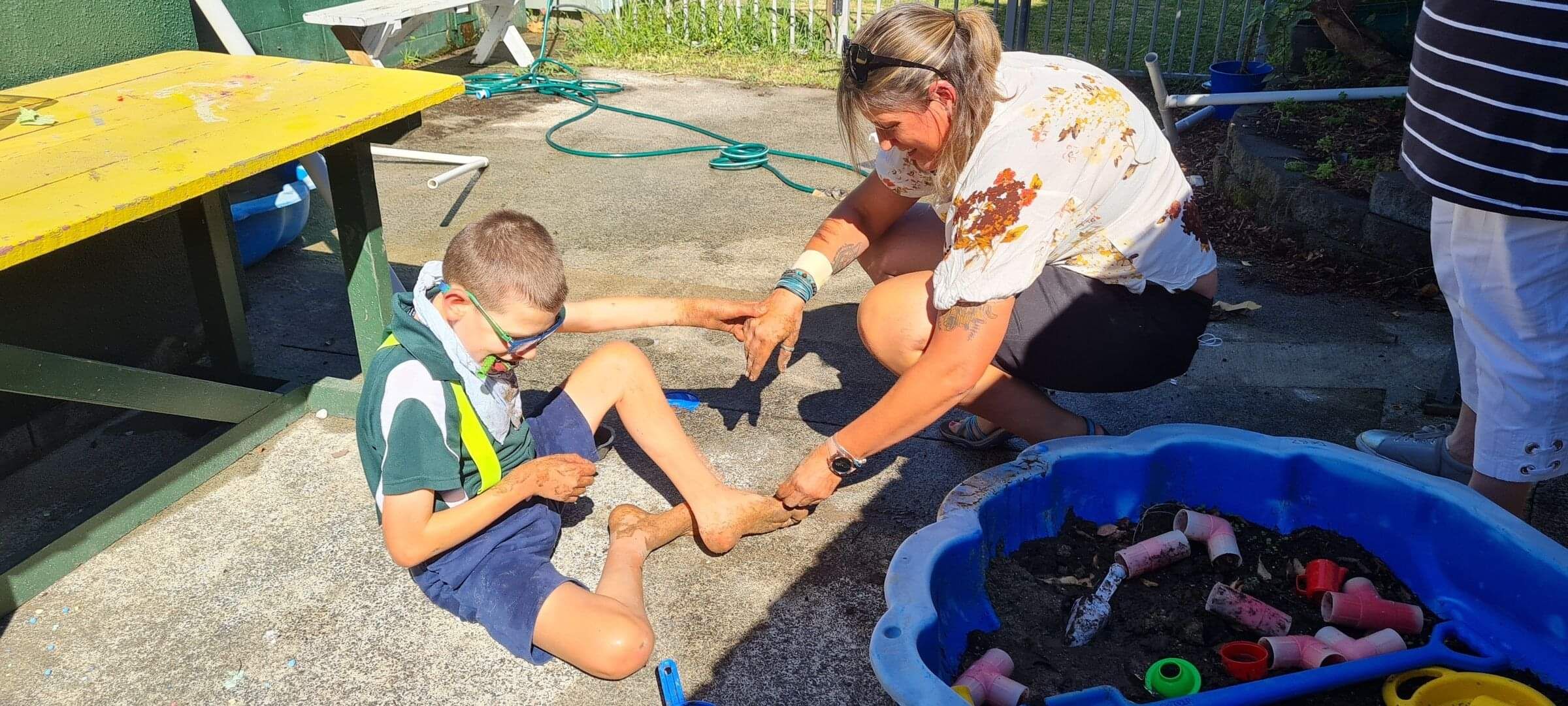
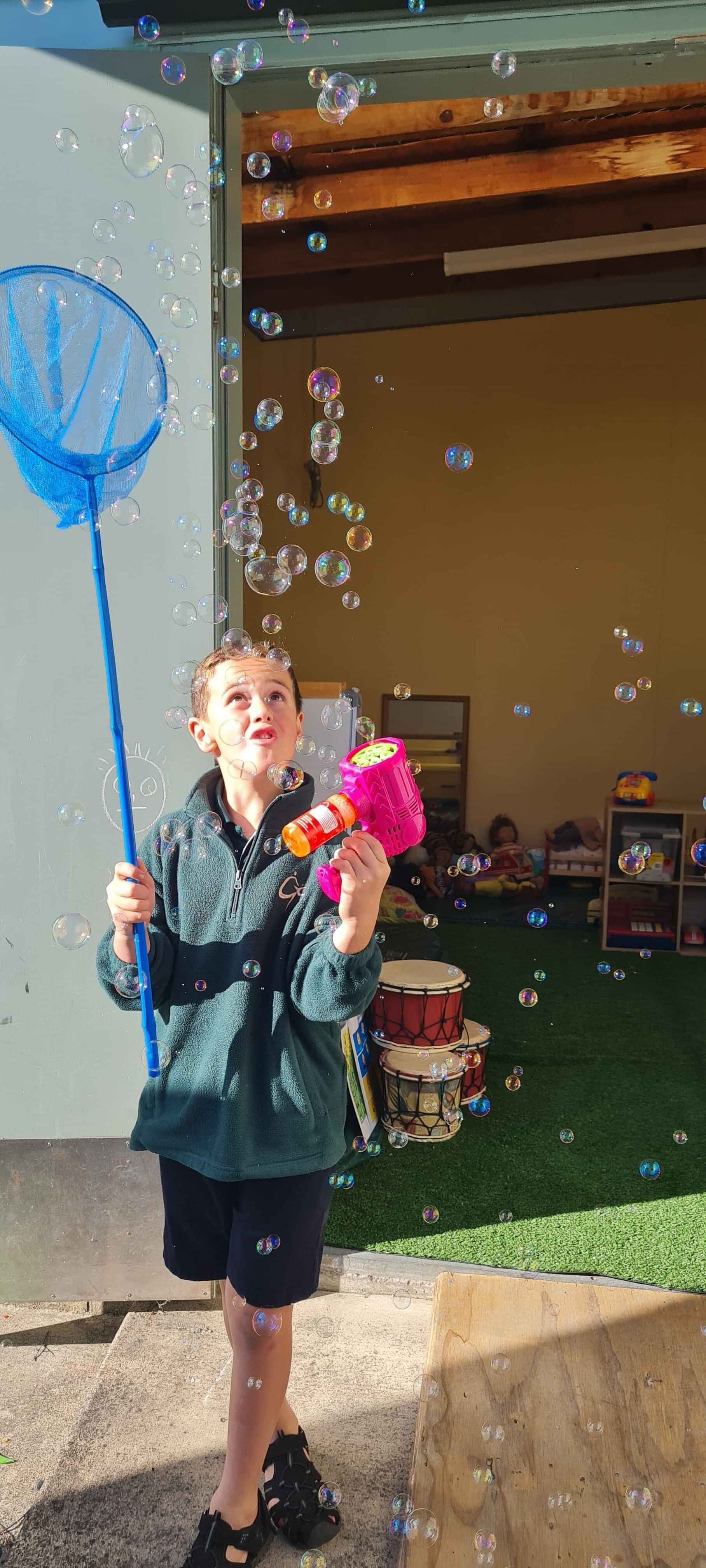
Occupational Therapy
Our Occupational Therapists are Anna Wilson and Rachel Vernon-Rainey.
Many people ask "What does an occupational therapist do?"
The answer is in our title...occupation. This is everything people do to occupy themselves. For children, their meaningful occupations include play, schoolwork, and self-care activities.
At Goldfields School, the occupational therapists can help with breaking down barriers to enhance children's meaningful occupations:
- Activities of daily living (managing routines, getting dressed, toileting, puberty, mealtimes, food preparation etc)
- Fine motor skills (managing buttons and zips, using eating utensils, grasping and controlling a pencil, using scissors, etc)
- Gross motor skills (necessary for stable posture in sitting and standing, for attending to schoolwork, play activities and personal cares)
- Sensory processing (responding to sensory input in comfortable ways, tolerating sensations such as noises, clothing, or food textures)
- Cognitive Skills (paying attention, organising and planning, regulating emotions)
- Social skills (relationships, play, engaging and interacting with peers)
